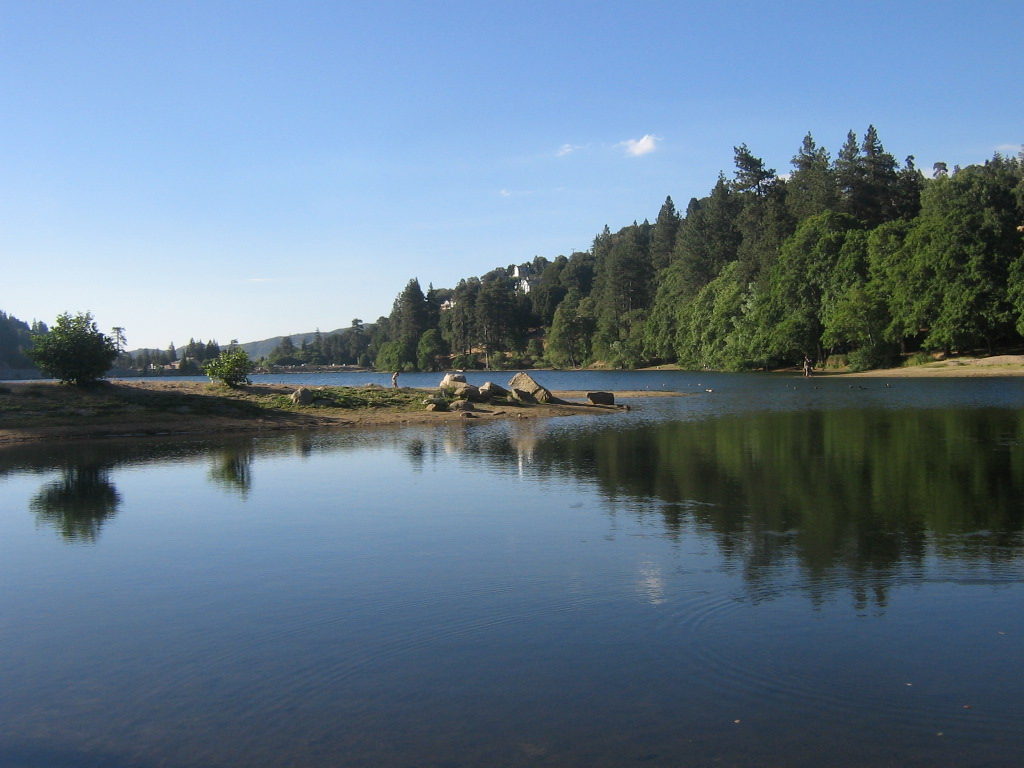Originally published at MintPress News.
SAN BERNARDINO, California — A federal judge ruled Tuesday that Nestlé can continue to bottle water from drought-stricken Southern California, even though the permit which allows the company to pipe water from the San Bernardino National Forest expired in 1988.
Federal Court Denies Request to Turn Off Nestlé Spigot Despite Decades of Water-taking in San Bernardino Nati… https://t.co/rzY46NRAOm
— Center for Biological Diversity (@CenterForBioDiv) September 21, 2016
Despite a devastating, five-year drought in California, Nestlé piped about 36 million gallons from the forest last year. That water is transported to Canada for bottling, and the end product appears in stores under the Arrowhead brand. Under the current agreement, Nestlé pays the U.S. Forest Service an annual permitting fee of $524 to run its pipeline.
U.S. District Court Judge Jesus G. Bernal ruled that although the permit expired 28 years ago, Nestlé can keep bottling water because corporate executives attempted to renew the permit in May 1987, but did not hear back from the Forest Service.
“Plaintiffs do not identify and the Court cannot find any authority holding that an agency’s failure to act within a reasonable time can invalidate before it is finally determined by the agency,” Judge Bernal wrote.
In other words, since Nestlé attempted to renew the permit, it remains in effect until the Forest Service tells the corporation it is invalid. The expiration date is irrelevant.
“We are disappointed – very disappointed – in the ruling,” said Michael O’Heaney, executive director of The Story of Stuff Project, a movement to raise awareness about the dangers of consumerism, and one of three co-plaintiffs in the lawsuit, in a Sept. 21 interview with The Desert Sun’s Brett Kelman.
O’Heaney launched the lawsuit against the Forest Service in October 2015, along with Courage Campaign Institute and the Center for Biological Diversity.
“The idea that 28 years in inaction on the Forest Service’s part is considered reasonable, and perfectly fine with the court, is outrageous,” O’Heaney continued.

In a Sept. 21 press release, Eddie Kurtz, executive director of Courage Campaign Institute, echoed O’Heaney’s disappointment at the ruling. Kurtz said:
The court has just confirmed what many Americans fear, massive corporations play by a different set of rules than the rest of us. Nestlé has been pulling a fast one for nearly 30 years, taking a public resource, depriving plants and animals of life-sustaining water, and selling that water at an obscene profit without the right to do so, but apparently our justice system is OK with that.
Bottling water during a drought is having serious effects on the local ecosystem, according to Ileene Anderson, a senior scientist with the Center for Biological Diversity, also quoted in the press release. “[T]he real tragedy lies in the fact that Strawberry Creek is drying up, dooming the plants, fish and animals that have relied on it for tens of thousands of years.”
The lawsuit did prompt the Forest Service and the state water board to reexamine the issue of Nestlé’s water usage, but the proposed solution is unlikely to ease environmentalists’ concerns about the ongoing impacts of piping water from a national forest.
“The agency has proposed to issue a permit that would allow Nestle to continue operating its wells and water pipelines in the forest for five years, and the permit process is to include environmental studies,” Kelman noted.
The new permit would not be issued until an environmental study is completed, a process that could take up to two years, and Judge Bernal’s ruling means it’s likely that water will continue to be bottled during that time.
Environmentalists in Canada are also fighting Nestlé’s water bottling in their region. Last month, The Globe and Mail reported that Wellington Water Watchers was urging the government not to renew permits allowing the company to bottled water from Aberfoyle in southwestern Ontario. Nestlé Water’s permit, set to expire on July 31, was instead granted an automatic extension.